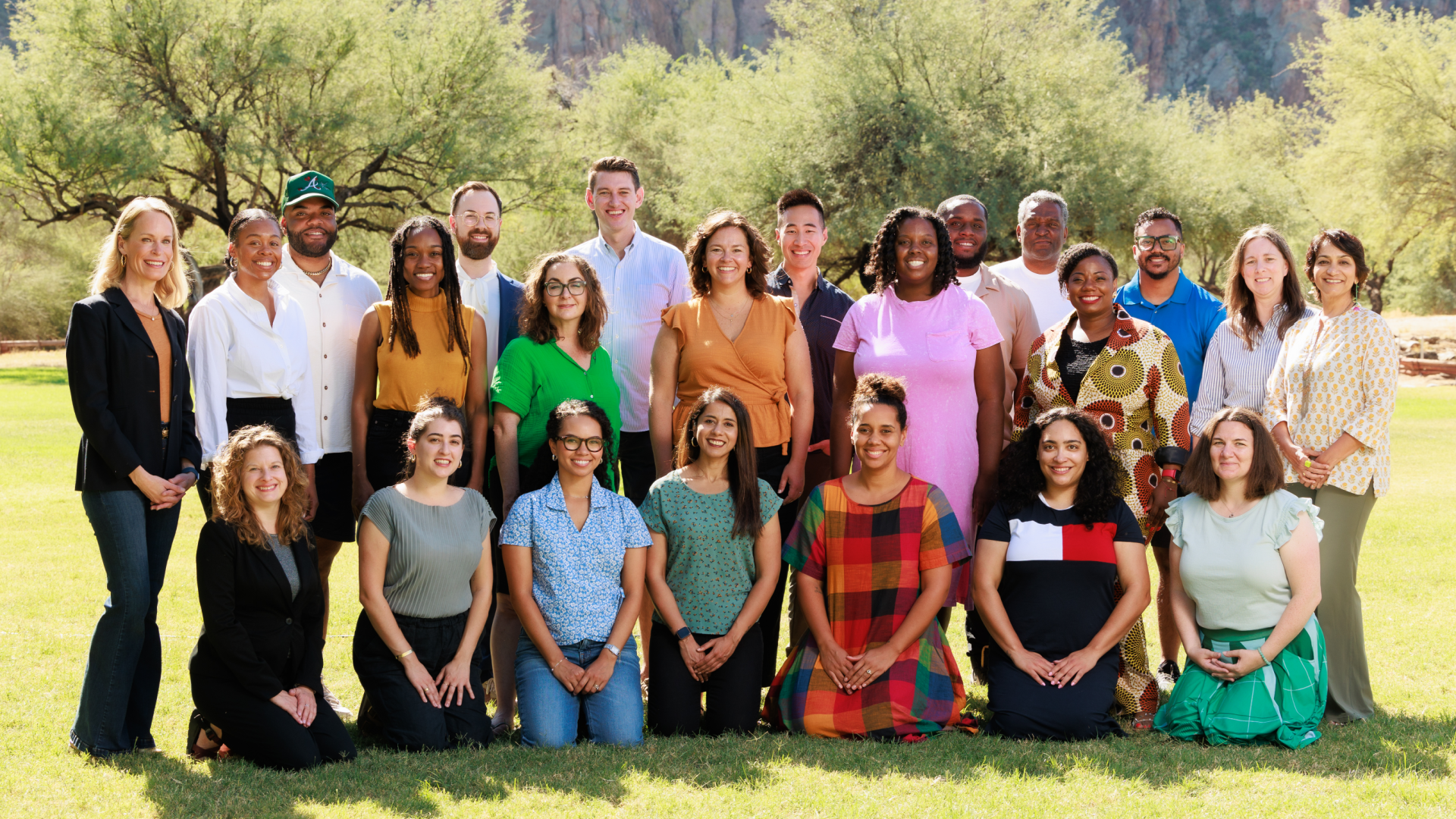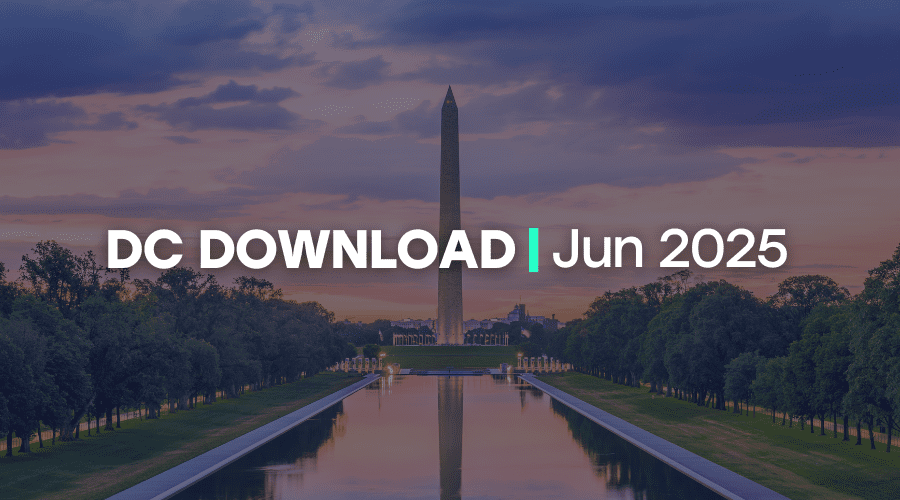In early December, Independent Sector commissioned TargetPoint Consulting to poll 1,094 American voters. The results—on a wide range of topics—provide valuable insight into the landscape of public opinion about charitable giving policy, federal representation of the nonprofit sector, and our sector’s role in the community.
The findings tell a clear story. The public sees value in the nonprofit sector and the role it plays in society. People in the United States, specifically voters, want to see nonprofits better resourced through charitable giving, more represented in policy conversations, and more actively engaged in the issues of the day.
Voters Want…Nonprofits to be Well Resourced
We found that 88% of voters support making the charitable deduction permanent for all taxpayers, including 53% of voters who strongly support this giving incentive. Voters support efforts that will encourage increased donations to charities, with 74% supporting raising the cap for the universal charitable deduction to $4,000 per person. Expanding the charitable deduction has greater than 70% support across every income level and all political identifications.
Key cross-tabulation:
There is broad, diverse support for a permanent universal charitable deduction. Some groups are even more supportive including Hispanics, African Americans, suburban Republicans, high-income Republicans, and citizens who voted for Joe Biden in the last presidential election.
Voters Want…Nonprofits to Have a Seat at the Table
The nonprofit sector, which is made up of over 1.8 million nonprofits, does not have official representation within the federal government. Voters think that should change, with 72% believing the federal government could better solve challenges facing local communities if charities and nonprofits were officially represented within the Administration.
Independent Sector’s Seat at the Table initiative is working to make this representation a reality so nonprofits can work with the federal government to achieve our shared goals.
Key cross-tabulation:
In 2020, religious organizations represented 20% of nonprofit organizations. It’s not surprising that 74% of frequent churchgoers want nonprofits and charities to help the federal government function more effectively.
Voters Want…Nonprofits to Engage in Nonpartisan Civic Engagement
Some nonprofits are hesitant to engage in nonpartisan civic engagement work, like voter registration or educating policymakers about issues affecting the communities they serve, because of how the public might react. We believe these concerns can be allayed, as nearly 9 in 10 voters (87%) support local charities educating policymakers and businesses about the needs of the communities they serve.
Seven out of 10 voters (71%) think it is a good idea for nonprofits to offer voter support services, like voter registration and election day transportation. Groups showing even more support include voters aged 25-44, African Americans, frequent churchgoers, suburban Republican women, and Democrats.
Key cross-tabulation:
Voters want nonprofits to be a voice for their communities. Over 80% of all age and income groups, Democrat, Republican, and Independent voters show support for local charities educating policymakers and businesses about the needs of the communities they serve.
Voters Want…Fair, Proportionate, and Equitable Public Policy Solutions
It can be challenging for nonprofits to build support for public policy solutions that support the communities they serve. We found the vast majority of voters view fairness, proportionality, and equity as important when evaluating public policies. When considering public policy solutions, 8 in 10 voters said it is important to them that those solutions are fair (86%), proportionate (86%), or equitable (80%).
Key cross-tabulation:
The framing of public policy solutions as “fair” tested the best for each political affiliation. 72% of Democrats, 45% of Republicans, and 50% Independents (50%) feel it is very important for public policy solutions to make sure everyone is treated fairly, while keeping in mind that different needs exist across different incomes, geographies, races, and other factors.
Learn more about the poll and what voters want for nonprofits.



